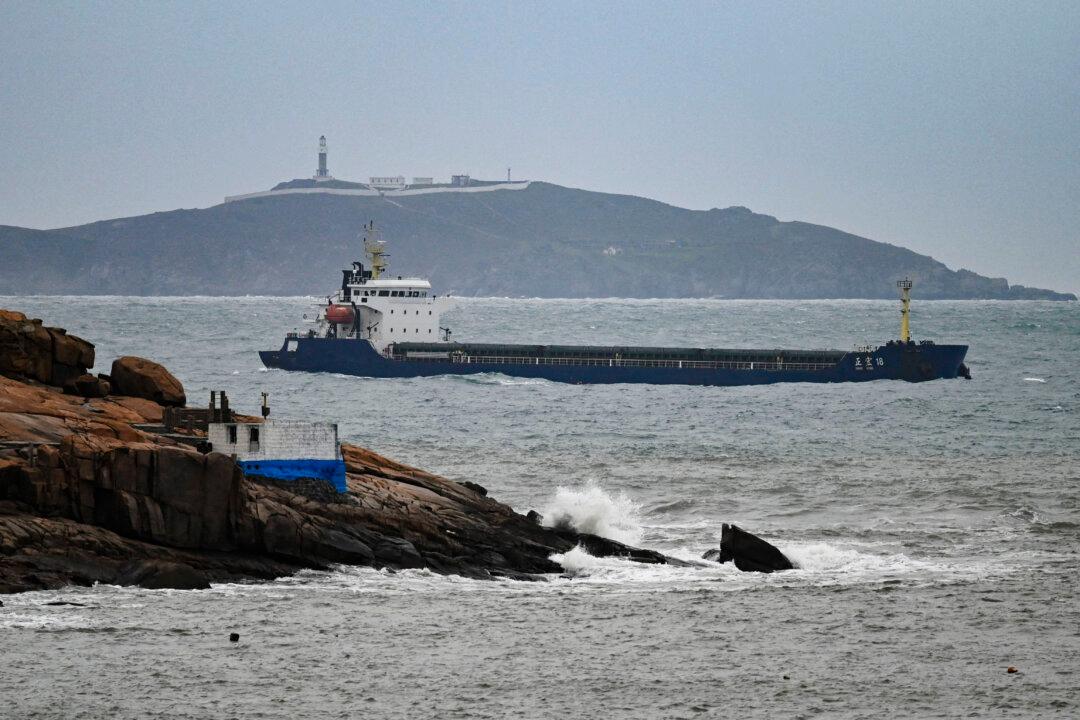A U.S. guided-missile destroyer and a Canadian frigate sailed through the Taiwan Strait on Oct. 20, less than a week after communist China conducted military exercises around Taiwan.
The U.S. Navy’s Seventh Fleet issued a statement on Oct. 20 saying that the destroyer USS Higgins and the Canadian frigate HMCS Vancouver made a “routine” transit a day earlier “through waters where high-seas freedom of navigation and overflight apply in accordance with international law.”





